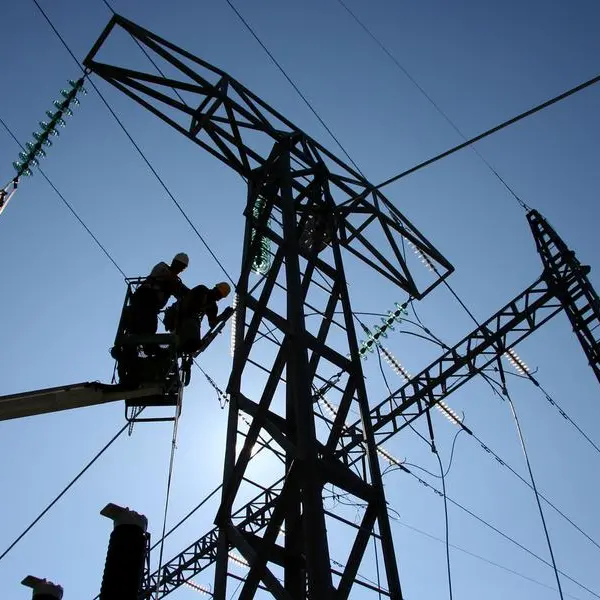PHOTO
Environmental, social and governance (ESG) metrics in the Middle East may need to be revised to enable businesses and stakeholders to address issues that are specific to the region, according to a senior official of Strategy& Middle East.
Such issues include decarbonisation, climate change, diversity and inclusion, nationalisation of workforce and water shortage.
“Given that there are different ESG standards and frameworks, there are bound to be different nuances of ESG. More important than the definition, however, is to think over the core ESG priorities given the stage of social, environmental and governance development in this region," Dr. Yahya Anouti, ESG Leader, Strategy& Middle East, part of PwC network, said.
"It’s very important to have a regional flavour of ESG as the core priority.”
According to PwC's research, the Middle East is home to about 6% of the world’s population, but it has just 1% of the world’s freshwater resources. Also, 60% of people in the Middle East live in areas with high surface water stress compared to the global average of about 35%.
“Water shortage is an existential challenge for this region. Through the use of desalination technology, the region has been able to address the issue of water scarcity but that is not sustainable,” Dr. Anouti said.
Challenges before businesses
Anouti also noted that there are at least three main challenges faced by businesses in the region in meeting ESG targets.
The first one is related to a company’s corporate governance which involves questions such as how to drive board members and shareholders include ESG in their strategy.
The second challenge is related to the availability of the ecosystem and taking the awareness down to the bottom of the ecosystem and to all its players, such as the suppliers of ESG solutions and products.
The third challenge is related to what authorities and regulators in the region want. “There is a need to have a level-playing field in order to have a fair and transparent competition across different companies. For example, if I am making investments to be greener, my competition should also do the same. All of these require markets to enable that. Carbon market is one such solution,” he explained.
There is also a need to ensure the backbone of infrastructure. For example, if a company operates in a consumer retail business, it needs the provider of recycling facilities to deliver the waste that is sorted. These are infrastructure-related investments that the government has to enable, he added.
Outlook
Dr. Anouti however expects many of these issues to change in the coming one year or so, when a lot of announcements from SWFs and banks related to ESG financing would be made in the region.
He also expects regional financial markets as well as companies to bring in more clarity on it and bolster their ESG reporting mechanisms in the near future.
“There are multiple standards and competing frameworks for ESG reporting which makes it a challenging task for companies to implement. However, I do believe it’s also important to bring in regional specificities in the ESG reporting framework that should be top of [the] charts.
“Nevertheless, I hope regulators in the region will bring in more clarity of ESG reporting, key priorities and the standards to follow, to ensure there is no greenwashing, and bring in more trust among investors,” he said.
Catch up with global standards
Dr. Anouti further said that very soon the ESG awareness level in the region will be on par with other parts of the world.
“I expect companies around the region to come up with a lot of announcements around ESG this year that would bring the region at par with the world. ESG has become a pre-requisite for any entity to be aware of. There is so much action, both voluntary and mandatory, happening around E, S and G factors across the region.
“Countries in the region, such as Saudi Arabia and the UAE, have put ESG at the heart of their national visions. Cop28, [which] is happening in the UAE next year, will fuel this forward and put the UAE and this region in a leading position,” he said.
(Reporting by Sunil S; editing by Cleofe Maceda)





















